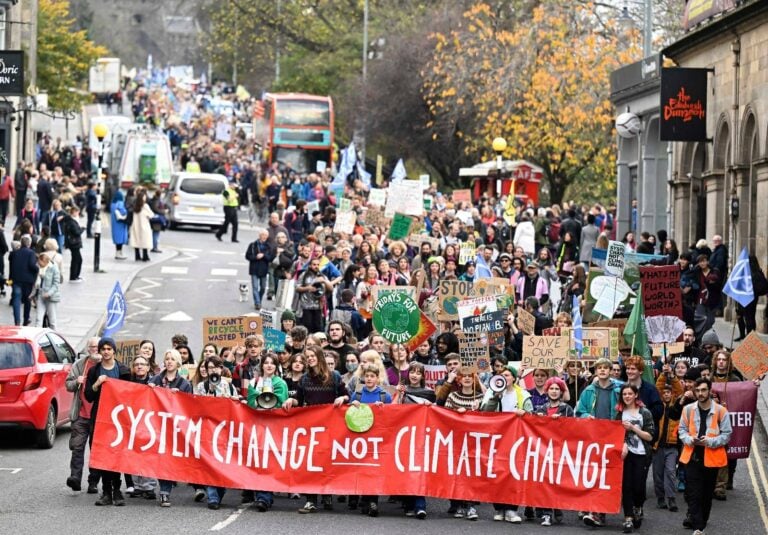
European banks provide fuel for the conflict in Sudan
This week president Obama is attending a UN summit on Sudan to direct attention to the ongoing conflict and humanitarian crisis in Darfur. Last year ING, BNP Paribas and Deutsche Bank together owned almost €150 million of shares in PetroChina, one of the most important players in the oil industry in Sudan fuelling the conflict. This alarming example in the today published SOMO publication ‘Investing Responsibly: A Financial Puzzle’ reveals the severe limitations of Sustainable Asset Management in the financial sector. The SOMO study into the investment policy of European banks shows that a coherent application of CSR policies to all business activities is lacking and their level of transparency is still a far cry from reality.
Two main topics are addressed in the new SOMO study; first the existence, scope and application of CSR policies with regard to asset management, especially concerning mainstream investment portfolios, and secondly, the level of transparency of these CSR policies. The study focuses on five large European banks: ING Group, RBS Group, Deutsche Bank, BNP Paribas and Santander Group. In order to provide a broader picture of alternatives on the market, two other Dutch banks were included in the study, Triodos Bank and SNS REAAL
The SOMO publication Investing Responsibly – A Financial Puzzle shows that CSR has indeed found its way into the financial sector, but unfortunately most of the banks in the study only apply CSR policies to a very limited portion of the assets invested. “As only the arms industry is so evidently and directly connected with unsustainable practices, some banks exclude this sector from all their investments”, explains SOMO researcher Roos van Os. “On other issues, such as human rights and climate change, the major European banks do have their own CSR policies, but they do not apply the criteria laid down in these policies to asset management.” With the exception of Triodos Bank and SNS REAAL, a consistent application of CSR policies to mainstream investment portfolios is almost absent.
Transparency regarding the policies applied is often lacking as well: while consumers can choose sustainable investment products at any bank, it is often difficult to determine the extent to which CSR policies apply to the institutions’ mainstream investment portfolios. Banks publish sustainability reports with far-reaching promises on the integration of CSR into their core and non-core activities. “It is of utmost importance that outside stakeholders, such as consumers, citizens and societal organisations, can assess whether banks live up to their CSR commitments and objectives. In this respect, accountability and transparency are needed to evaluate whether actual practices accord with the stated policies”, according to Van Os.
A consistent CSR policy and transparency are widely regarded as crucial elements if consumers are to recover trust in the financial sector after the recent turbulent years. In order to regain trust and live up to sustainable expectations, banks must be truly transparent about the scope of their CSR policies and whether these policies are applied to asset management.
Related news
-
Why share buybacks are bad for the planet and peoplePosted in category:Opinion
 Myriam Vander StichelePublished on:
Myriam Vander StichelePublished on: Myriam Vander Stichele
Myriam Vander Stichele -
 The trillion-dollar threat of climate change profiteersPosted in category:Long read
The trillion-dollar threat of climate change profiteersPosted in category:Long read Myriam Vander StichelePublished on:
Myriam Vander StichelePublished on: -
The treaty trap: The miners Published on:
 Vincent KiezebrinkPosted in category:Publication
Vincent KiezebrinkPosted in category:Publication Vincent Kiezebrink
Vincent Kiezebrink

